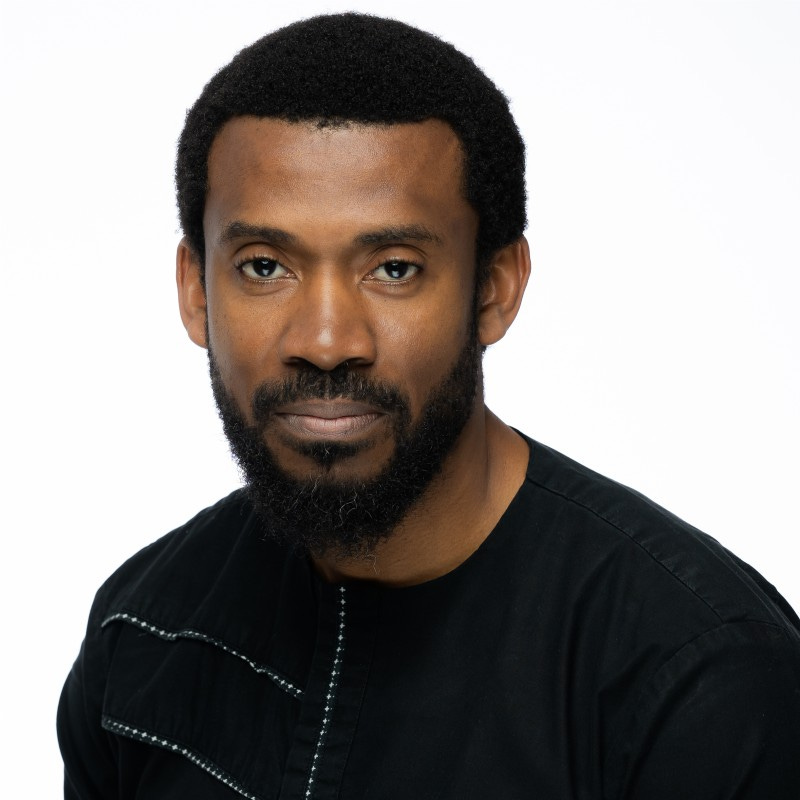As the Africa Deep Tech Community, our series of enlightening talks about the tech ecosystem within the continent are instrumental in enhancing our understanding of the African tech industry. Our most recent conversation featuring Chukwuemeka (Emeka) Afigbo, a seasoned tech professional highly recognized for his fundamental contributions to tech innovation and societal transformation in Africa, was insightful.
In this article, we summarize the salient points from Emeka’s engaging discourse focused on the tech talent landscape in Africa, accentuated by a data-driven approach drawn from Everett Rogers’ Diffusion of Innovations theory.
Prelude: Emeka’s Background and Experience
Emeka’s career trajectory has seen him transition from a software engineer to an ardent advocate for tech innovation in emerging markets. He has wielded considerable influence in tech companies such as Google and Facebook, and presently at Okta. This background primes him comfortably as he delves into the topic at hand – The African Tech Talent Landscape.
The “16% of African Tech” Framework
Afigbo centers his discourse on what he terms the “16% of African Tech”. This intriguing concept breaks down the African tech landscape into distinguishable categories of individuals based on their passion and enthusiasm for tech. This “16% of African Tech” presents an ingenious way of segmenting tech talent across the continent and segments the talent pool into different levels from 1-5 based on their passion or enthusiasm for the technology skill in question.
Level 1 & 2: Those passionately driven to innovate with tech, defying societal expectations in pursuit of their quest. They showcase exceptional self-motivation, often translating their enthusiasm into notable tech innovations.
Level 3 to 5: These segments comprise moderately enthusaistic folks to those who possess a rudimentary interest in tech. Their involvement often stems from career advancements or perceived societal benefits rather than a raw passion for tech.
Applying the Framework
A meaningful application of this framework becomes apparent when looking at community events and tech training programs. Using the framework allows us to comprehend why only a subset of people turn up to such events or engage deeply with training opportunities. It also sheds light on the distribution of tech talent and the underutilization of potential skills that could be developed in the tech sector in Africa.
The role of the Government and Corporations
The conversation shifts to the importance of government and corporate involvement in tackling the potential skills shortage in tech. Emeka emphasizes these entities’ crucial roles, especially in providing resources to help individuals with average or low enthusiasm for tech to climb up the tech ladder.
A Call to Engage Beyond the Norm
Emeka calls for individuals within the African tech ecosystem, especially those with higher levels of enthusiasm and passion to engage in advanced tech research opportunities and extend their influence into deeper aspects of the industry. He believes such actions can cascade into more motivation and opportunities at lower levels, promoting overall growth in the ecosystem.
Looking Ahead: The Future of African Tech
Emeka Afigbo’s talk presents a hopeful future for African tech while accentuating the need for more active involvement from different parties within the ecosystem. As we move forward, it becomes vital to facilitate industry-academia collaborations, nurture early-stage talent, and invest in creating organic, community-driven learning and research platforms to fully harness Africa’s tech potential.
Conclusion
The discourse offered by Chukwuemeka Afigbo urges us to rethink the African tech narrative. It serves as a wake-up call for all stakeholders in the state-of-play of the tech industry not just to observe but to take active roles in its growth. As we emerge from the shadows cast by legacy perceptions of African tech, we reflect on the latent potential waiting to be unlocked and nurtured. Undoubtedly, the African tech landscape is brimming with untapped human talent that only needs the right resources, opportunities, and appreciation to flourish.
In the end, the onus falls on us all – individuals, governments, and institutions alike. Let’s lend our collaborative efforts to strengthen Africa’s tech ecosystem and reinforce its mark on the global tech stage.




